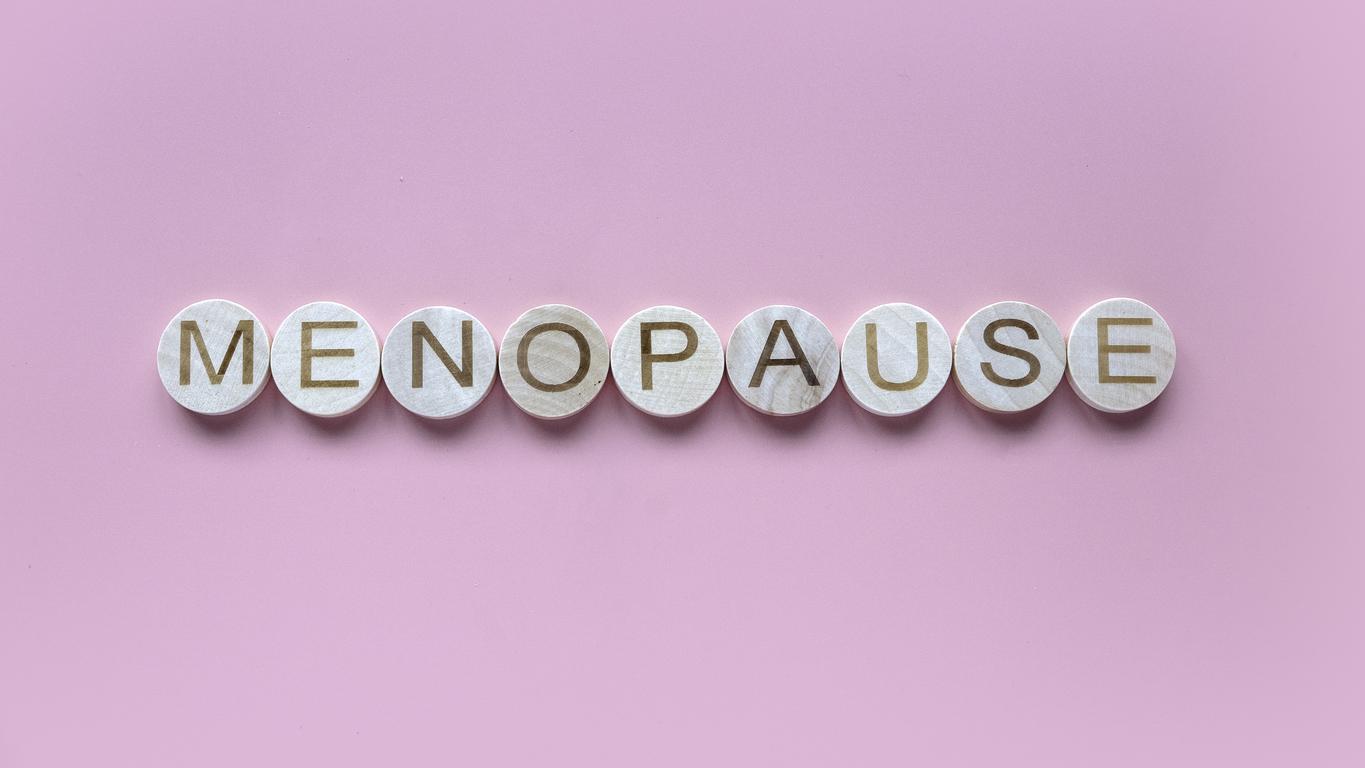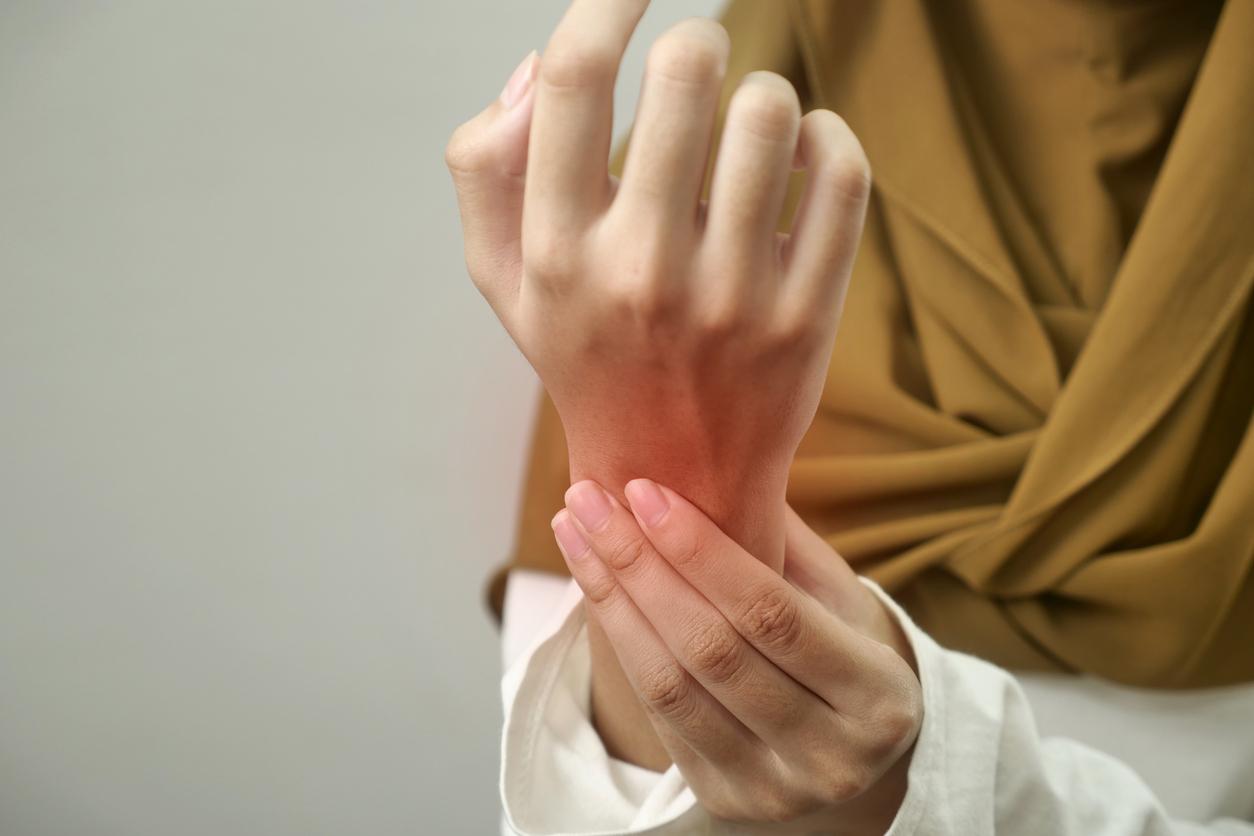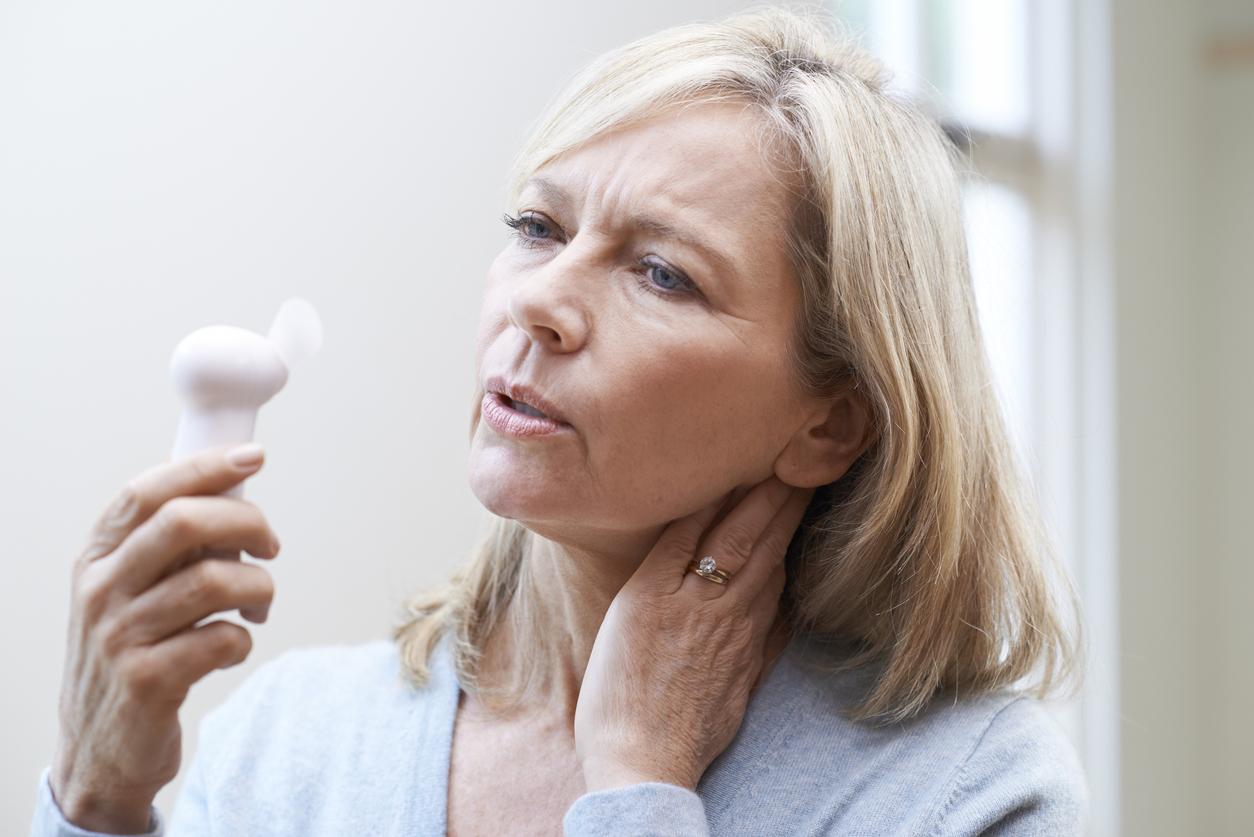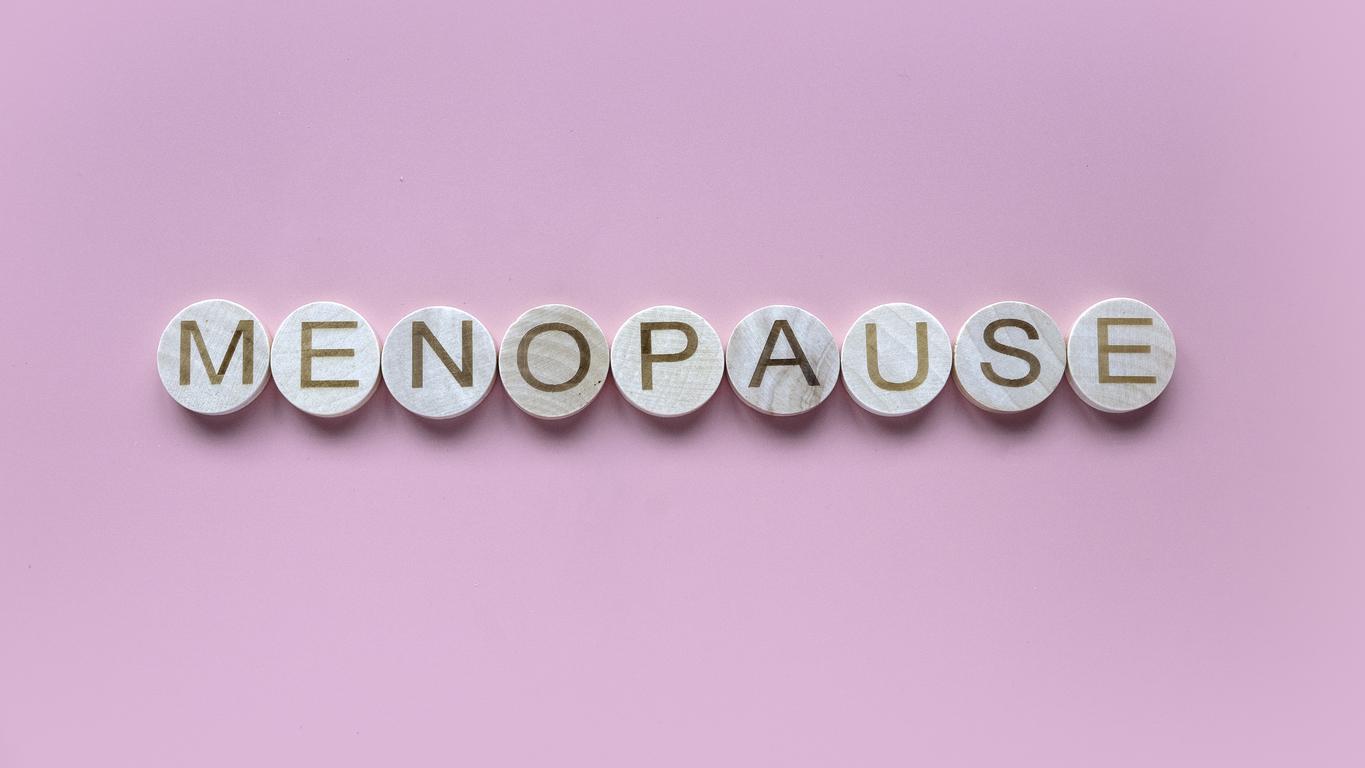A certain number of women are weakened when the menopause settles down. Those prone to this disease (because it is one) can then see a precarious balance compromised and should not hesitate to consult quickly. But we must not confuse simple ill-being and true depression : a persistent sadness, nothing more makes you want or gives pleasure. The hormonal upheaval does not seem to make the latter more frequent.
“Between 50 and 65, there are as many depressions in men as in women”, also underlines Dr. Michèle Lachowsky, gynecologist. On the other hand, around the menopause, many women complain of a form of physical and moral weariness: “I feel gloomy”, “I don’t want to undertake anything”… This is more a matter of a little depression and hormone undeniably play a role in this slight neurasthenia.
A drop in the feel-good hormone
We know in particular that the deficit in estrogen can induce a decrease in serotonin, the hormone of well-being, which would explain why 10 to 15% of women feel a temporary drop in morale. But not everyone will suffer from it, because the personal and psychological context also influences: life events (family changes, professional stress, etc.) and, above all, the way of approaching this stage. “It is above all aging that is difficult to live with in our society where appearance is important, believes the specialist. If we consider menopause as “the beginning of the end”, we feel devalued and daily life becomes heavy. “.
How to escape morale drops?
In case of true depression, takingantidepressants necessary to correct the deep biological disturbances which affect the brain. In two to four weeks, they raise the rate of neurotransmitters defaulters (dopamine, serotonin, norepinephrine), essential to serve as chemical messengers between neurons.
“Many of the truly depressed are not treated, but as many French people who do not need it are on antidepressants”, laments the psychiatrist Alain Gérard. Faced with a minor depressive state, hormonal rebalancing treatment may be enough to awaken the vital force. “It can in no way replace antidepressants when these are necessary, specifies Dr. Alain Tamborini, but it can improve and regulate mood in a few months”. Dr. Lachowsky adds: “The domino effect will also play. When the treatment removes the hot flashes trying and restores a good sleep, we are necessarily in a better mood”.
Other boost, always available and safe: the sport. It evens out mood disturbances, be it depression, manifestations of stress or anxiety. In addition, it reduces the sensations of pain and physical fatigue.
The role of omega 3
Three recent studies have demonstrated this: Omega 3 exercise a influence on morale. One of them, conducted by a Quebec team, consisted in giving a daily supplementation of 1500 mg to 60 women aged 40 to 55 suffering from psychological distress. After two months, there were no results on real depressions. On the other hand, those whose depression was moderate saw their symptoms decrease significantly. Another experiment, conducted by researchers from Massachusetts, produced the same results. In addition, omega 3s decreased hot flashes.
Inserm scientists, for their part, fed mice with the same omega 3 and omega 6 ratio as that found in our diet, i.e. three times too little omega 3. They verified that this deficiency decreased emotional and pain control. It is therefore worth increasing your omega 3 intake by replacing sunflower or peanut oil withColza oil, nuts or soy, by putting fish on the menu more often, or even by buying fortified milk or eggs. In addition, we protect his arteries.
Read also :
Menopause: 5 tips for mood disorders
How menopause would cause depression
Too many emotions at menopause: think about alternative medicine
















